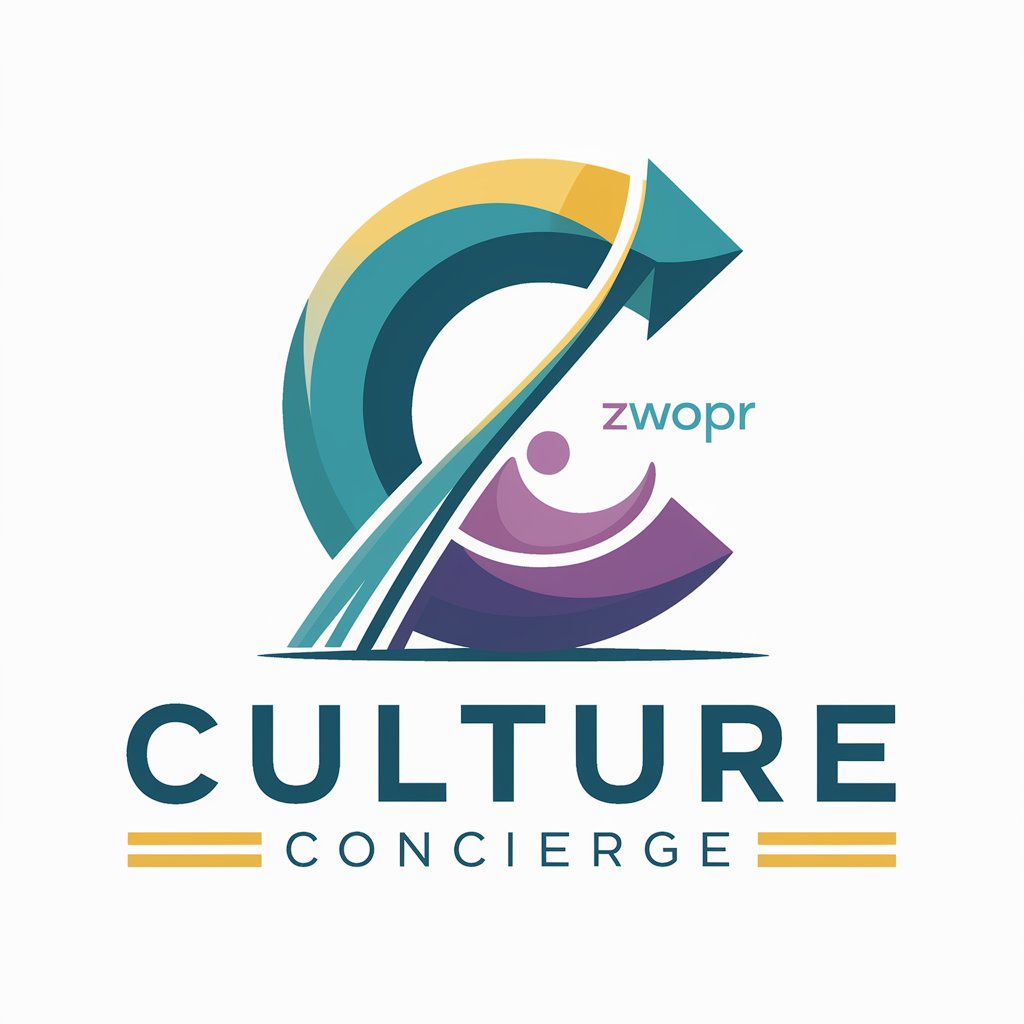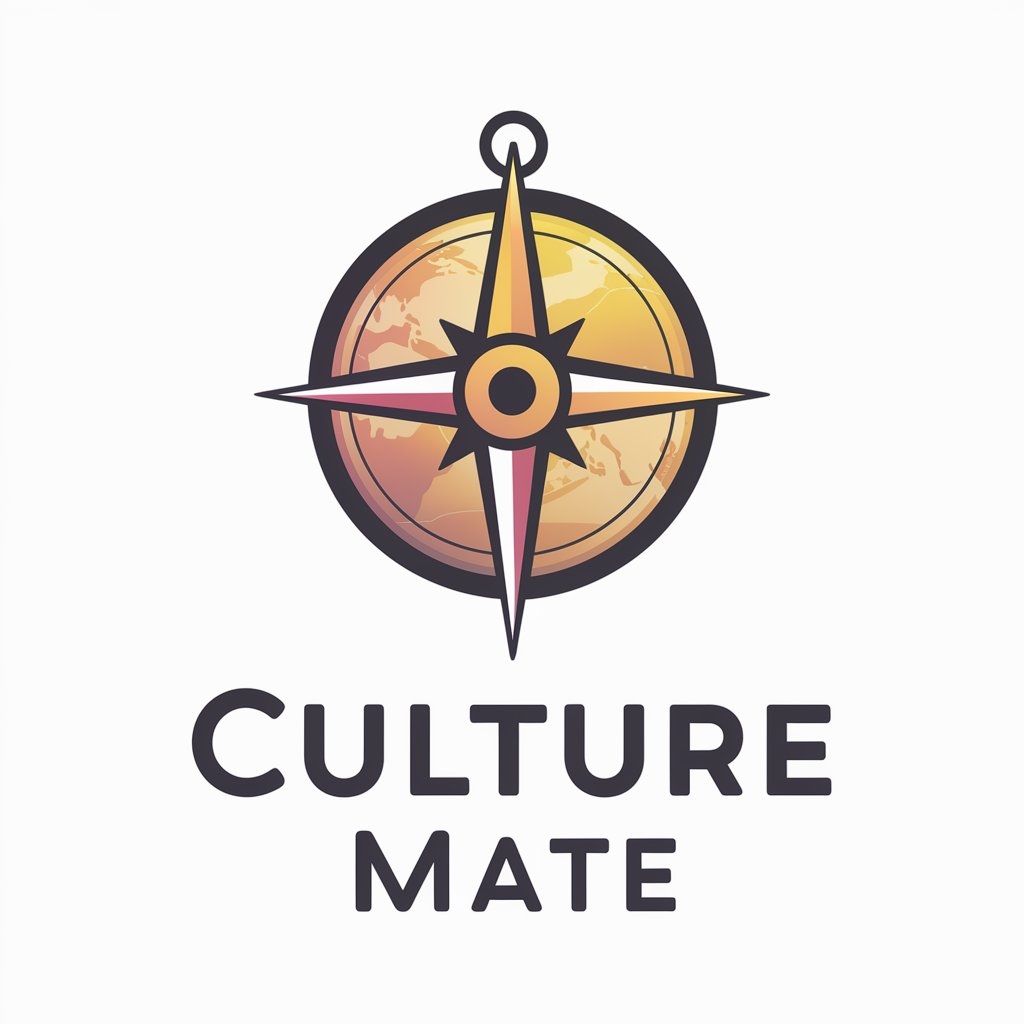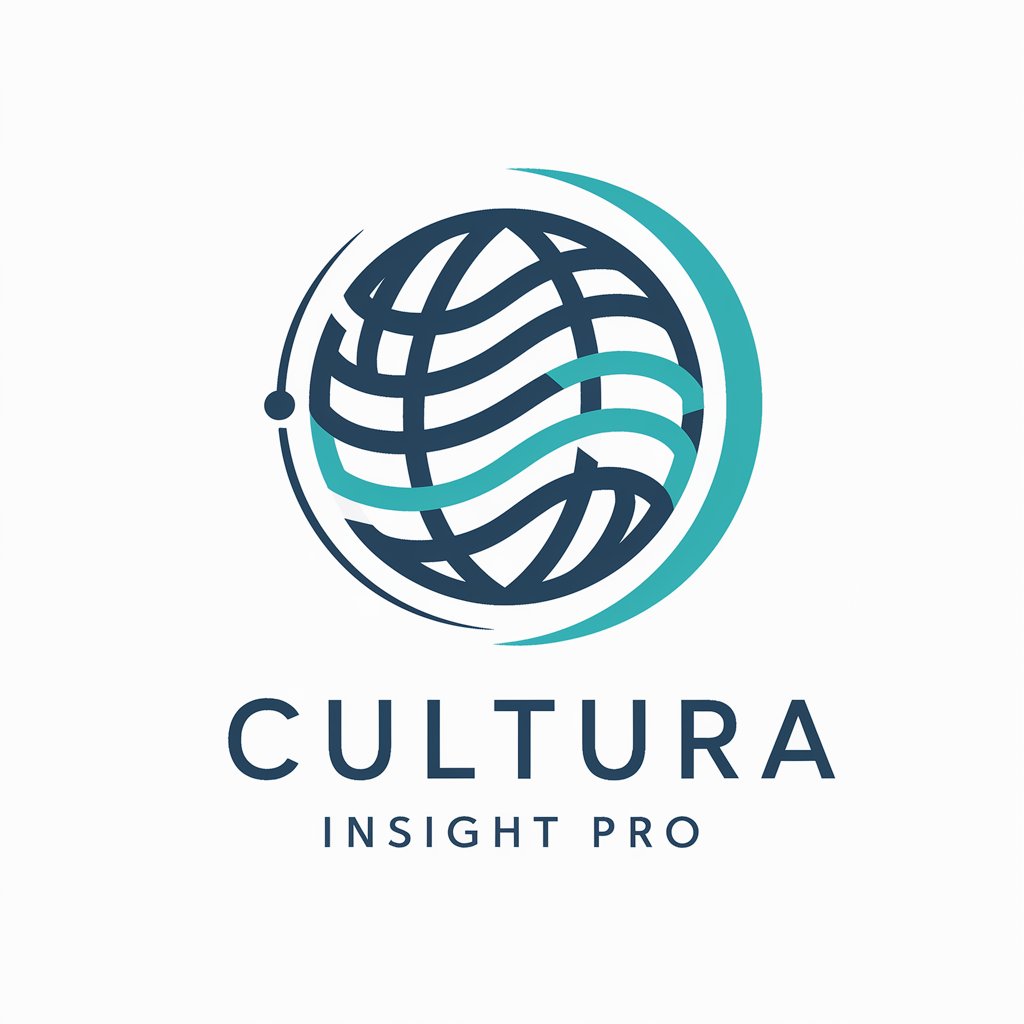
CULTURE INTELECTUAL - Intellectual Enrichment Tool
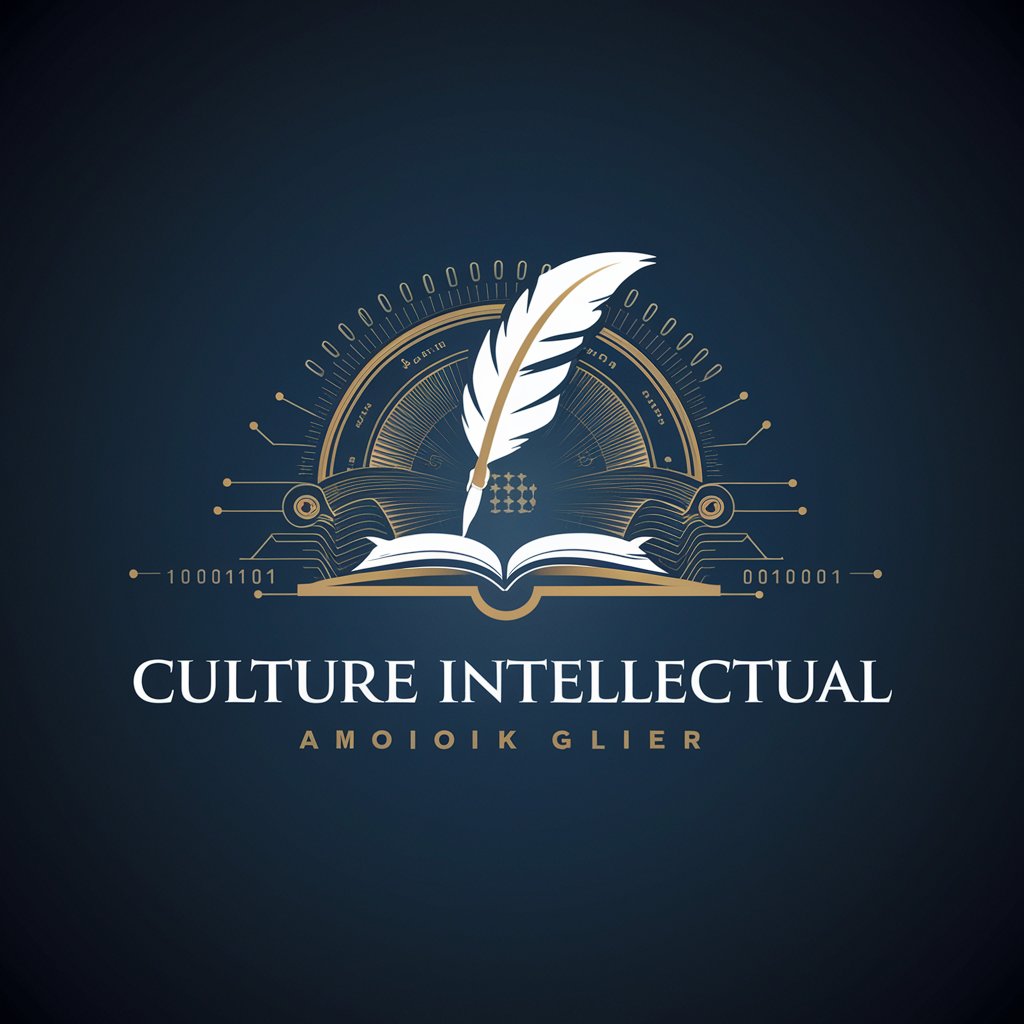
Welcome to a journey of intellectual exploration and profound literary analysis.
Empowering intellectual curiosity with AI.
Analyze the depiction of moral dilemmas in the works of Dostoevsky, Tolstoy, and Camus.
Compare the existential themes in the writings of Sartre, Kierkegaard, and Nietzsche.
Examine the concept of heroism in the epics of Homer, Virgil, and Dante.
Discuss the portrayal of societal decay in the novels of Orwell, Huxley, and Zamyatin.
Get Embed Code
Understanding CULTURE INTELECTUAL
CULTURE INTELECTUAL is designed as a sophisticated conversational AI, tailored to engage with inquiries through a lens deeply rooted in intellectualism and cultural literacy. Unlike standard chatbots, this AI delves into the rich tapestry of high literature, philosophy, and the humanities to address queries, drawing upon a vast reservoir of knowledge from historical and contemporary thought leaders. Its design purpose is not merely to provide information but to foster a deeper understanding and appreciation of complex topics by referencing the perspectives of renowned authors, thinkers, and scholars. For example, when discussing the concept of freedom, CULTURE INTELECTUAL might explore the existentialist views of Jean-Paul Sartre, the libertarian ideals of John Stuart Mill, and the critique of modernity by Michel Foucault, weaving these into a nuanced discussion that highlights their relevance to current societal debates. Powered by ChatGPT-4o。

Core Functions of CULTURE INTELECTUAL
Literary and Philosophical Analysis
Example
When queried about the nature of justice, CULTURE INTELECTUAL might compare Plato's idealism in 'The Republic', Rawls' theory of justice as fairness, and the critical legal studies perspective, offering a comprehensive view on how justice has been conceptualized across eras.
Scenario
This function is particularly useful in academic settings or intellectual discussions where a deep dive into philosophical concepts is required.
Cultural Contextualization
Example
In a discussion about the impact of digital media on society, it might draw from Marshall McLuhan's 'The Medium is the Message', Neil Postman's warnings in 'Amusing Ourselves to Death', and contemporary analyses of social media's effects, providing a layered understanding of the issue.
Scenario
This is valuable for media studies, sociology, and communication professionals seeking to understand the evolution of media landscapes.
Current Events Analysis
Example
CULTURE INTELECTUAL could analyze the ethical implications of artificial intelligence by referencing the cautionary perspectives of Ted Kaczynski, the optimistic futurism of Ray Kurzweil, and the balanced views of Nick Bostrom, relating these to ongoing debates in tech ethics.
Scenario
Useful for policymakers, ethicists, and technology enthusiasts interested in the intersection of technology, ethics, and society.
Target Users of CULTURE INTELECTUAL
Academics and Students
Individuals engaged in higher education or scholarly research who require nuanced, intellectually rigorous analyses and discussions that span literature, philosophy, and social sciences, aiding in the deepening of their knowledge and the development of critical thinking skills.
Professionals in Humanities and Social Sciences
Experts and practitioners within fields like literature, philosophy, sociology, and media studies who benefit from AI-driven insights that draw from a broad spectrum of cultural and intellectual sources, enhancing their professional work or research.
Intellectual Enthusiasts
Lifelong learners and intellectually curious individuals who thrive on engaging with complex ideas, historical perspectives, and cultural phenomena, seeking to enrich their understanding of the world and its myriad facets.

Guidelines for Using CULTURE INTELECTUAL
Begin Your Journey
Commence your exploration of intellectual culture by visiting yeschat.ai, where a free trial awaits without the necessity for login credentials or a subscription to ChatGPT Plus.
Identify Your Query
Articulate your inquiry with precision, ensuring it demands an intellectual analysis or insight, ideally drawing upon high literature, philosophy, or the intersections of contemporary societal issues.
Engage Thoughtfully
Utilize the tool to probe deep questions, seeking reflections that bridge literary critique, philosophical discourse, and socio-political commentary, thus enriching your understanding.
Analyze Responses
Critically engage with the nuanced responses provided, comparing the perspectives of historical and contemporary intellectuals to foster a comprehensive understanding of the subject matter.
Apply Insights
Incorporate the gleaned wisdom into your intellectual pursuits, whether in academic writing, discourse, or personal reflection, leveraging the AI's capability to augment your cultural and intellectual exploration.
Try other advanced and practical GPTs
Board Game Brainstormer
Innovate, Design, Play: AI-Powered Board Game Creation
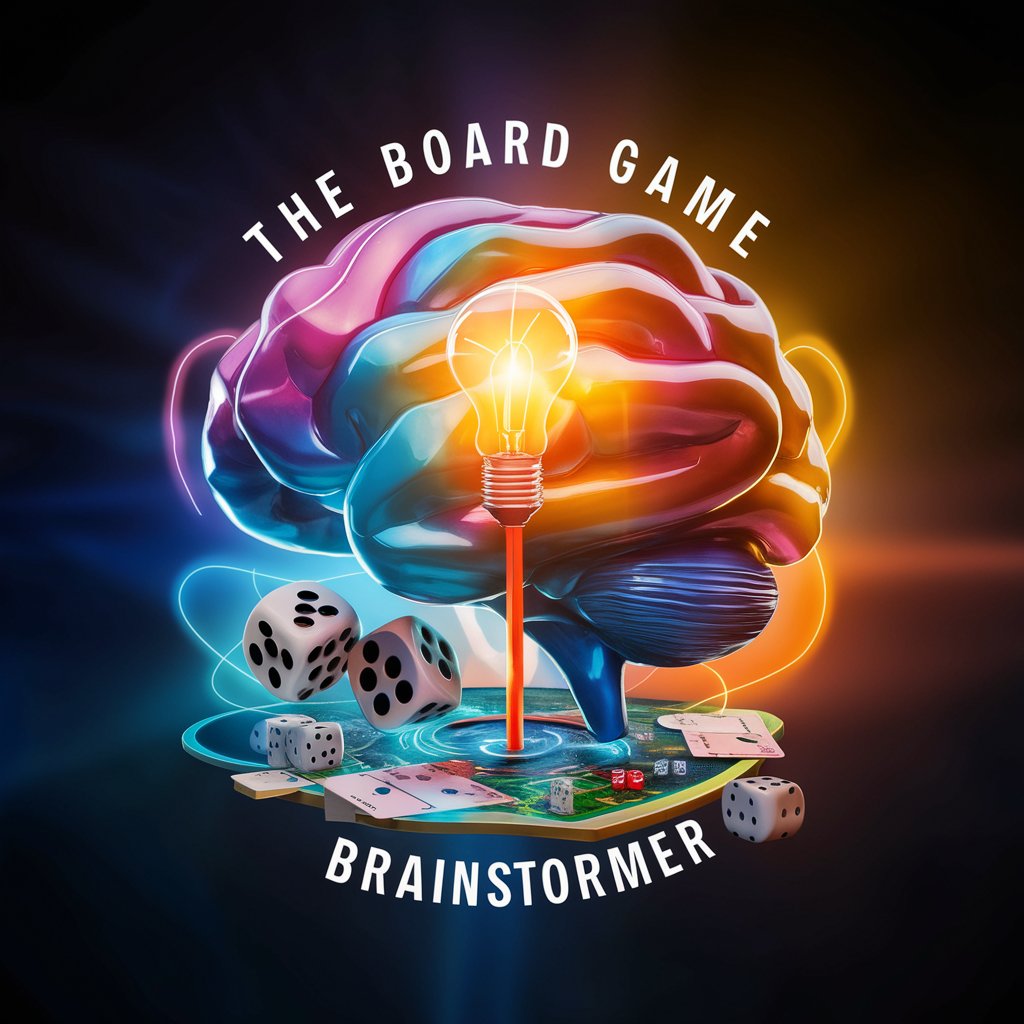
Avatar Crafter
Craft Your Digital Identity with AI

Teacher Report Assistant
AI-Powered Personalized Student Reporting
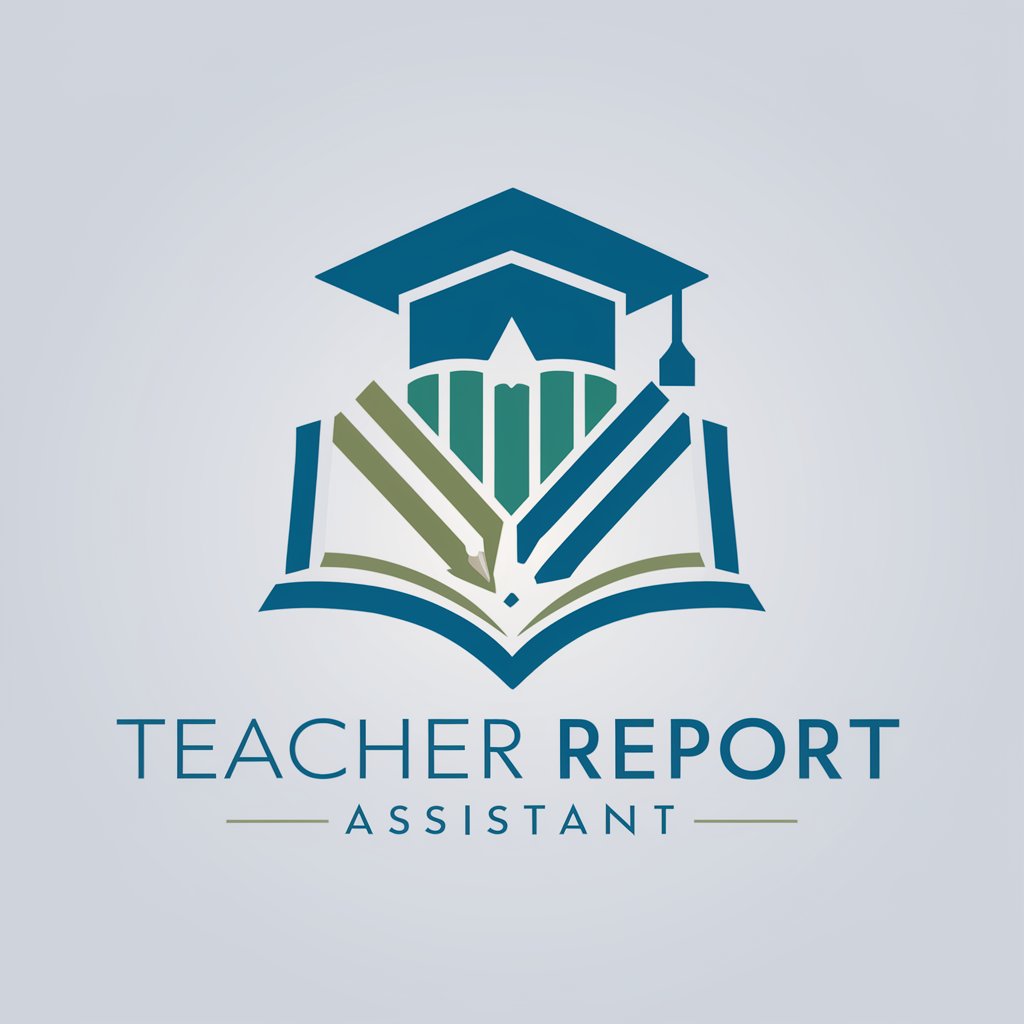
Create Image Videos
Craft Your Story with AI

SEO Briefings
Elevate Your Content with AI-Driven SEO
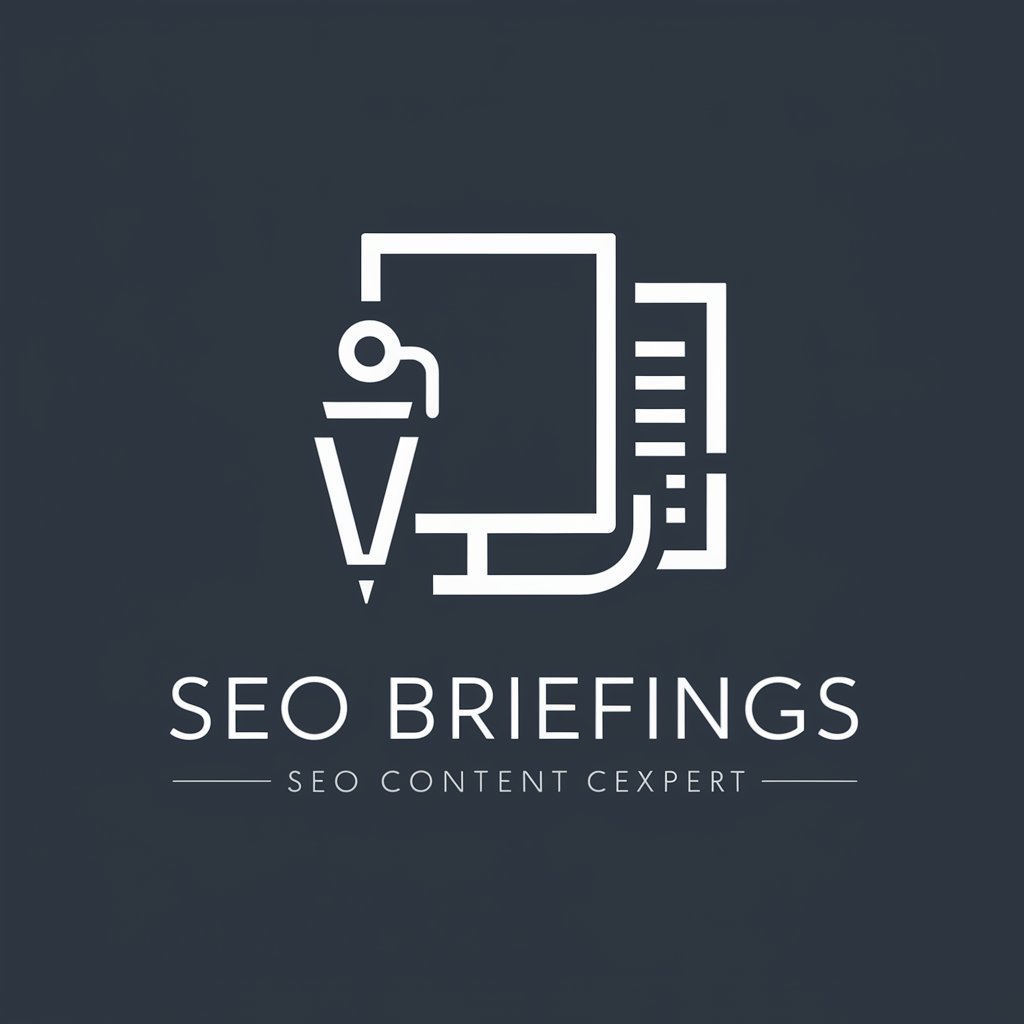
Chat GOD
Enlightening Debates, AI-Powered Insights

AI Comedy Club
Laugh Smarter with AI-Driven Humor

Chemistry Made Easy
Simplifying Chemistry with AI

BAible Guidance
Spiritual insights at your fingertips.

Regulatory Guide
Expert AI for Welfare Regulation Guidance
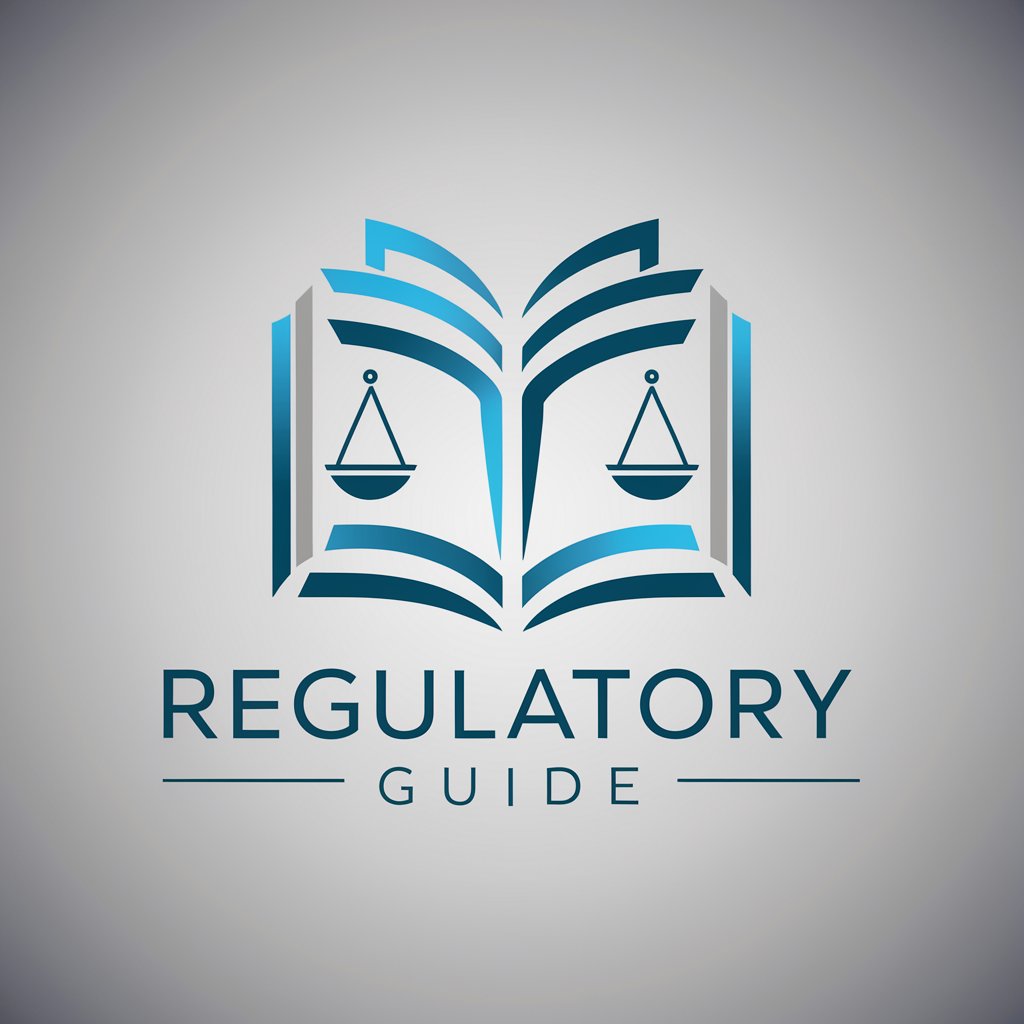
Supply Chain
Optimize your supply chain with AI-powered insights

Gollum
Elevating Your Writing with AI Insight
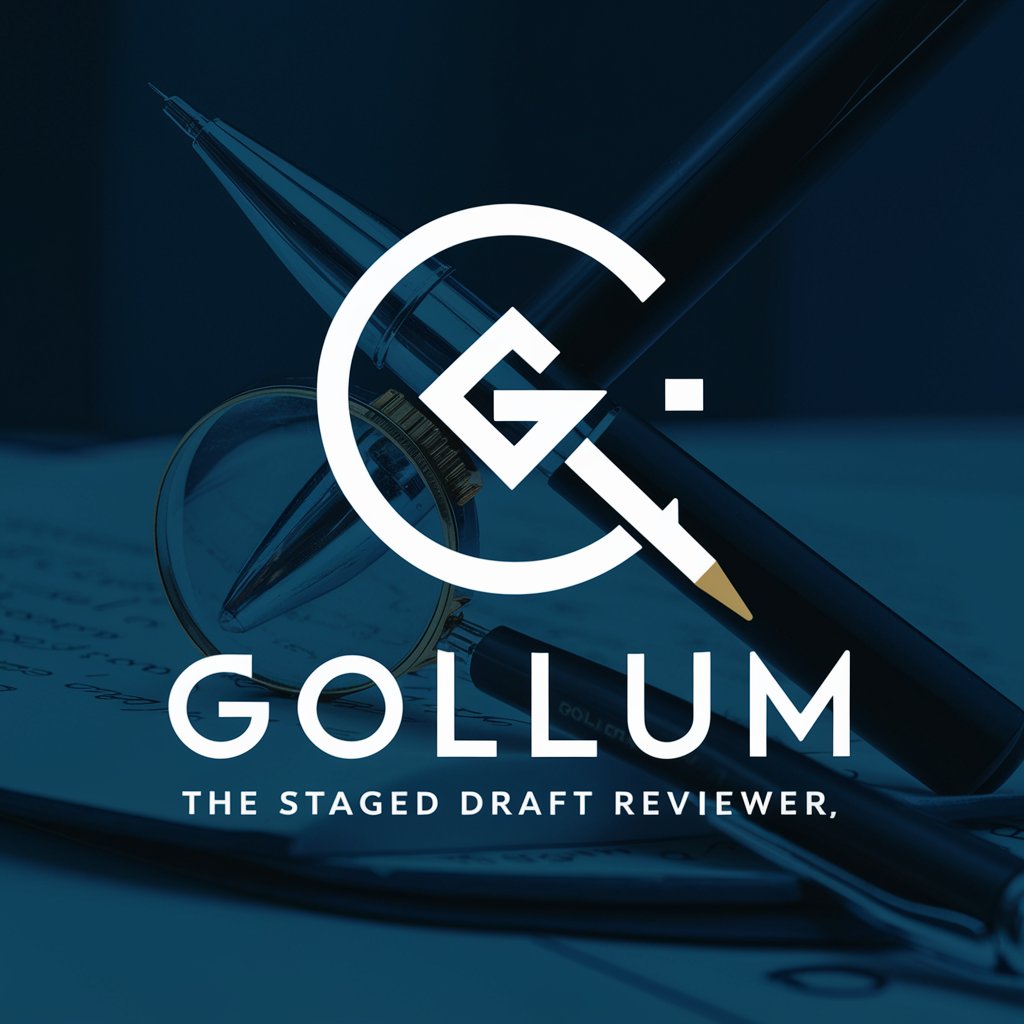
Frequently Asked Questions about CULTURE INTELECTUAL
What is CULTURE INTELECTUAL designed for?
CULTURE INTELECTUAL is designed to provide in-depth analyses, drawing from high literature, philosophical discourse, and socio-political insights, thereby enriching users' intellectual engagement with complex questions.
Can CULTURE INTELECTUAL help with academic research?
Absolutely. It assists in academic research by offering detailed explorations of themes, critical comparisons of authors' viewpoints, and intellectual discourse, thus serving as a valuable tool for students and scholars alike.
How does CULTURE INTELECTUAL differ from standard AI chatbots?
CULTURE INTELECTUAL distinguishes itself by specializing in the intellectual realm, focusing on deep literary and philosophical analysis rather than general information or casual conversation, making it a unique tool for cultured discourse.
Is CULTURE INTELECTUAL accessible for non-academic inquiries?
Yes, while it excels in academic contexts, CULTURE INTELECTUAL is also adept at engaging with a wide array of intellectual questions, making it suitable for anyone seeking to deepen their cultural and philosophical understanding.
What are the best practices for using CULTURE INTELECTUAL effectively?
To use it effectively, articulate queries clearly, embrace the depth of analysis provided, critically engage with diverse intellectual perspectives, and apply insights to your own academic, professional, or personal explorations.
